 Over the past two weeks, as part of a podcast project, I have had the opportunity to interview five veteran members of the trail running and ultrarunning community to discuss the future of ultrarunning. The conversations have all been thought-provoking and constructive, so I thought I would share a summary in this week’s column.
Over the past two weeks, as part of a podcast project, I have had the opportunity to interview five veteran members of the trail running and ultrarunning community to discuss the future of ultrarunning. The conversations have all been thought-provoking and constructive, so I thought I would share a summary in this week’s column.
Jason Green is the owner/operator of Yeti Trail Runners where he directs over a dozen races around the American East Coast. While he has observed the impact of growth on his events, he also suggests that many people who are new to the sport are coming to trail running and ultrarunning for the sense of community.
As a result, Jason makes it a focus of his events to celebrate and promote community. Acknowledging that the COVID-19 pandemic has had a significant impact on community building across the country and around the world, Jason noted that events like his and others can play an important role in the community rebuilding process.
Candice Burt is the owner/operator of Destination Trail, an event company specializing in 200-plus-mile ultramarathon trail races. Candice expressed some concern about the large “mega races” in Europe and North America, which have fueled much of the growth of the sport, impacting the overall culture of ultrarunning in a negative way.
However, she noted that companies such as hers and Jason’s, which decline sponsorship support and depend almost entirely on a small staff and large teams of volunteers, provide ample opportunities for runners to enjoy the “old school vibe,” which she finds so alluring in the sport.
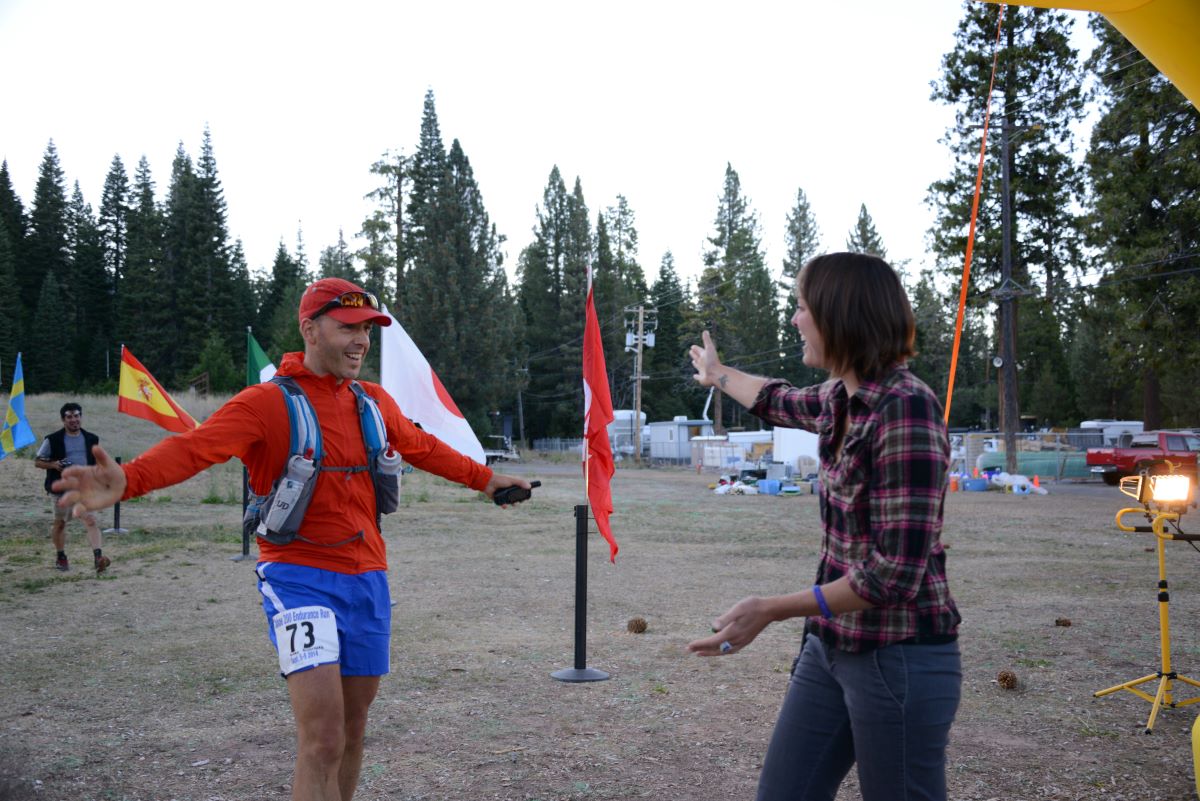
Race director Candice Burt greets finisher Andre Blumberg at the end of the 2015 Tahoe 200 Mile. Photo courtesy of Andre Blumberg.
David Horton ran his first ultramarathon at the JFK 50 Mile in 1979 and has been running and race directing for over 40 years. Acknowledging that commercialization has led to a less personalized feel to many events, David believes that grassroots events like those he directs in the mountains of Virginia can sustain the down-home feel of the sport that he enjoys so much.
Horton’s Hellgate 100k, for example, held every December in the Blue Ridge Mountains, is intentionally limited to 150 entrants and attracts many repeat participants who come back year after year to challenge themselves in the cold and dark of the Virginia backcountry — and to enjoy one of the warmest, and most comforting post-race gatherings many have ever experienced.
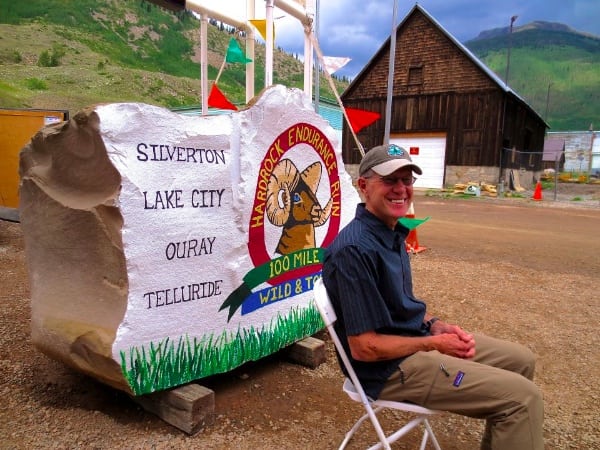
David Horton in front of the Hardrock in 2012. Photo: iRunFar/Bryon Powell
Scott Mills is the only person to have finished Western States 100 20 times and Hardrock 100 10 times. Having been around the sport for so long, Scotty worries that some of the more close-knit experiences of ultrarunning that brought him to the sport in the first place are less available now. As a former race director, he encourages folks to get out and volunteer at local events to support runners and organizers, but also to contribute to the culture.
Having been active in ultrarunning on the U.S. West Coast and the East Coast, Scotty knows better than most that volunteers are the backbone of the sport and a new generation of people is needed to sustain the sport and keep the culture alive.
John Medinger has been the Western States 100 Board President, the owner/publisher of UltraRunning magazine, and the race director for three wildly popular California races. As an astute observer of the sport, Tropical John notes that while the growth of ultrarunning has been swift in North America, it pales in comparison to the growth in Europe and Asia.
As a result of the globalization of the sport, John notes that at the same time as the fields are diversifying, the expectations of runners have evolved and therefore the pressures on organizers have increased. John goes on to say that these pressures will likely be unavoidable, and that the most successful race directors will be those who manage them the best while continuing to focus on the essence of the sport.
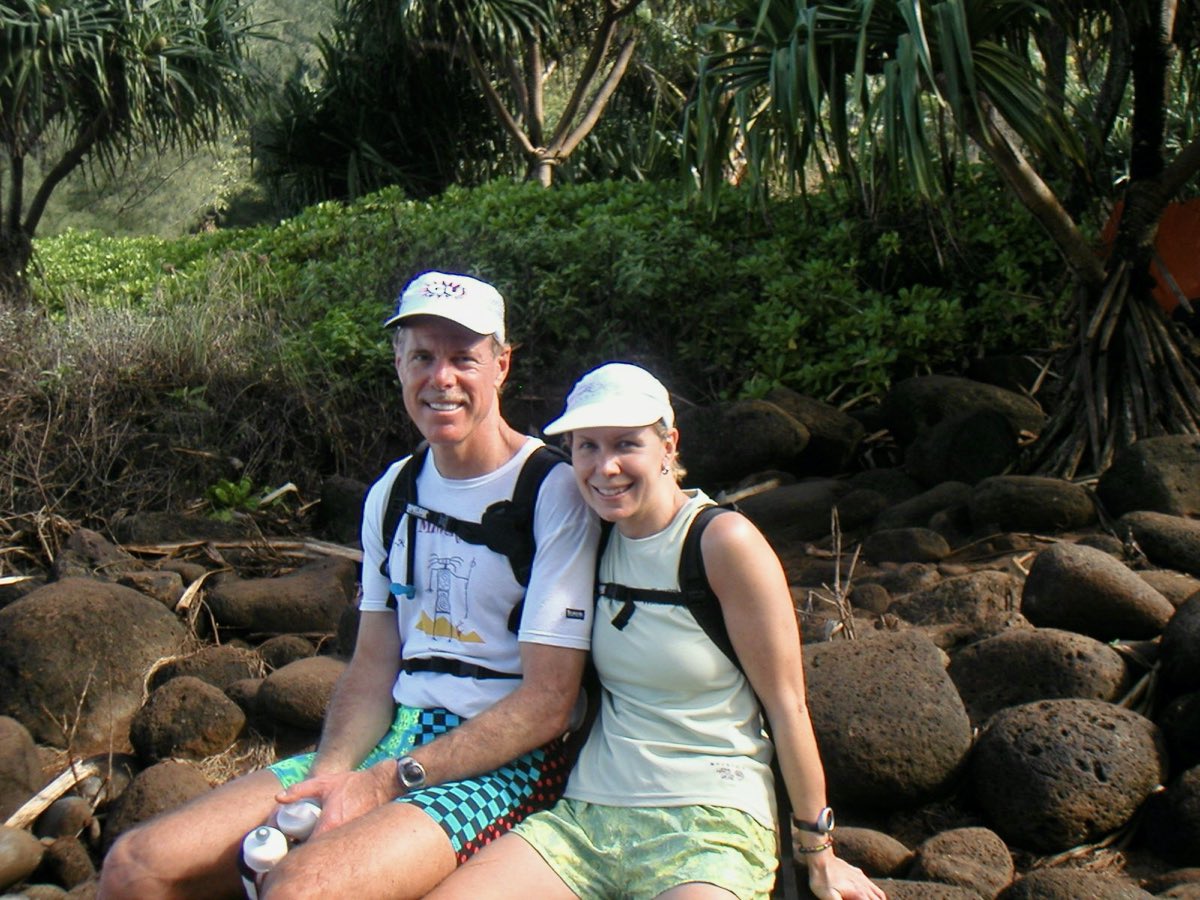
John Medinger with partner Lisa Henson on the Kalalau Trail in Kauai. Photo courtesy of John Medinger.
After speaking with Jason, Candice, David, Scotty, and Tropical John, I came away with a feeling of hope for the future of ultrarunning. Sure, many of us who’ve been around for a while long for the “good old days.” But it seems to me that, held in the right hands, the values and ideals that brought us into ultrarunning can be sustained while also accepting the current realities of an ever-expanding sport.
Bottoms up!
AJW’s Beer of the Week
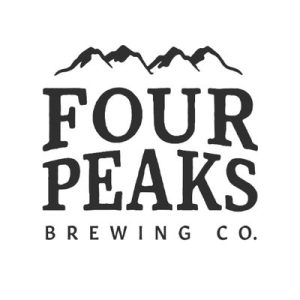
This week’s Beer of the Week comes from Four Peaks Brewing Company in Tempe, Arizona. Peach Golden Ale is one of the best “fruity” beers I’ve had. Crisp and balanced, this Golden Ale has just the right amount of sweetness balanced with a slight touch of bitterness. If you’re not typically a fruity beer person, then this one is well worth trying — you may just be surprised.
Call for Comments
- How do you think the future looks for the sport of ultrarunning?
- Do you worry that its growth in popularity is a bad thing for the sport? Or just a natural progression?
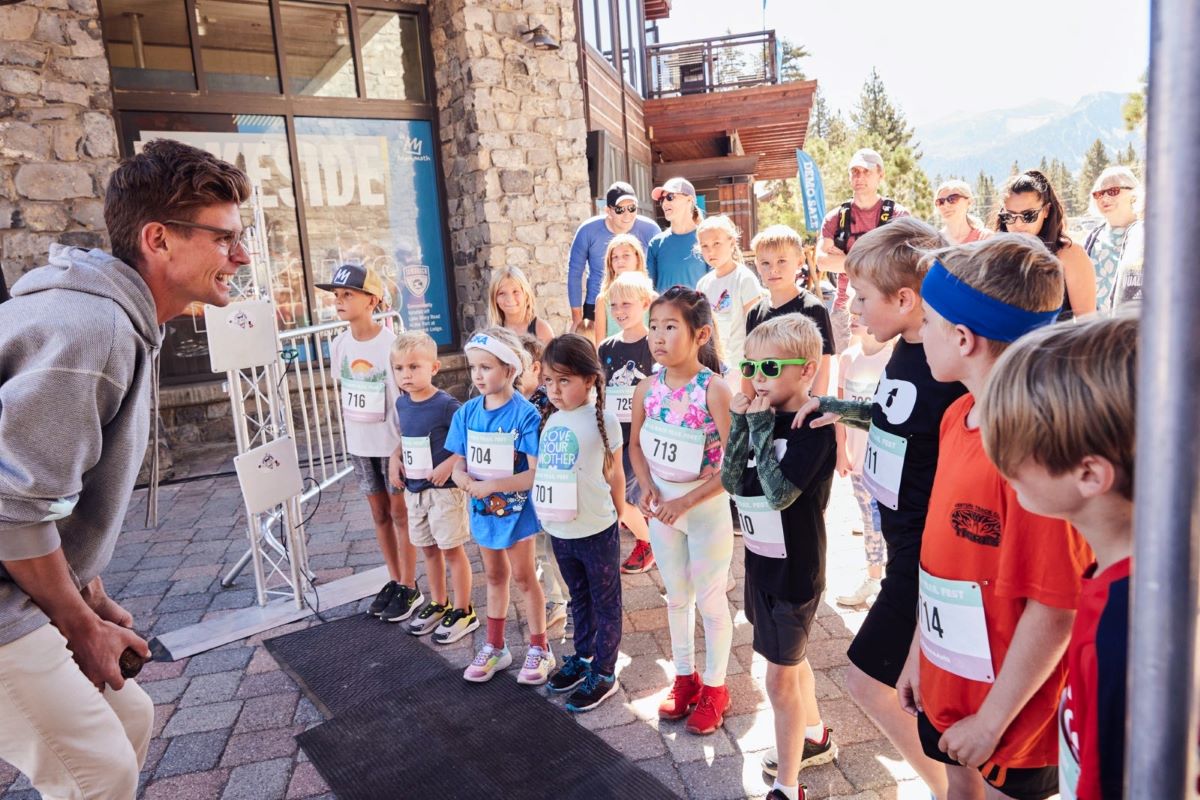
The start of the kids’ race at the 2022 Mammoth Trail Fest. We think the future of trail running is in safe hands! Photo: Sara Tollefson Mally
